All hands on deck: Addressing the mental health crisis in Bangladesh
Written by: Rakhshindah Akhtar, Program Associate, Breakthrough ACTION
Less than 0.11% of the population in Bangladesh has access to free essential psychotropic medications. In rural areas of the country, the overall prevalence of depressive symptoms and suicidal thoughts can be as high as 45%. Elderly women in rural areas are particularly vulnerable. In fact, according to one study, a staggering 70% of elderly women living in rural Bangladesh experience depressive symptoms and suicidal thoughts.
Unfortunately, the gap between mental health needs and mental health support availability further widened when the COVID-19 pandemic struck. Pandemic stressors such as fear of infection, dissatisfaction and boredom, lack of knowledge, crowded living spaces, and income loss further strained people’s mental health. The effects of the pandemic were especially harmful for women, who were four times more likely than men to suffer from depression and anxiety.
The fact that so many people in Bangladesh lack access to mental health services can largely be attributed to a lack of trained mental health professionals. The personal and societal costs of such a gap are not lost on Dr. Helal Uddin Ahmed, Assistant Professor of Child Adolescent and Family Psychiatry, National Institute of Mental Health; throughout his decades-long career in mental health, Helal has witnessed firsthand how the lack of mental health support has harmed different populations in Bangladesh.
To address the widening gap between mental health needs and the availability of mental health care professionals, Helal worked with Breakthrough ACTION to develop a standard operating procedure (SOP) for mental health and psychological support (MHPSS) call centers in Bangladesh. With the help of this SOP, para-counselors and psychiatry students will be able to provide primary mental health care and access clear guidelines about how to appropriately refer patients who need further care to healthcare facilities, psychologists, and psychiatrists.
In consultation with Bangladesh’s office of Non-Communicable Disease Control and the National Institute of Mental Health (NIMH), Breakthrough ACTION organized three sessions to equip 95 general physicians and 25 counselors with knowledge and skills to provide quality screening, counseling, and referral and support services when dealing with mental health cases. These general physicians and counselors were drawn from three of the main mental health support service providers in Bangladesh: Shastho Batayon (helpline# 16263), a mobile healthcare service operated by the Management of Information Systems Department, part of the Department of Health under the Ministry of Health and Family Welfare; (helpline #10655), a social business providing healthcare services using innovative technology which is accessible for all; and (helpline #7899), a 24-hour mental health helpline.
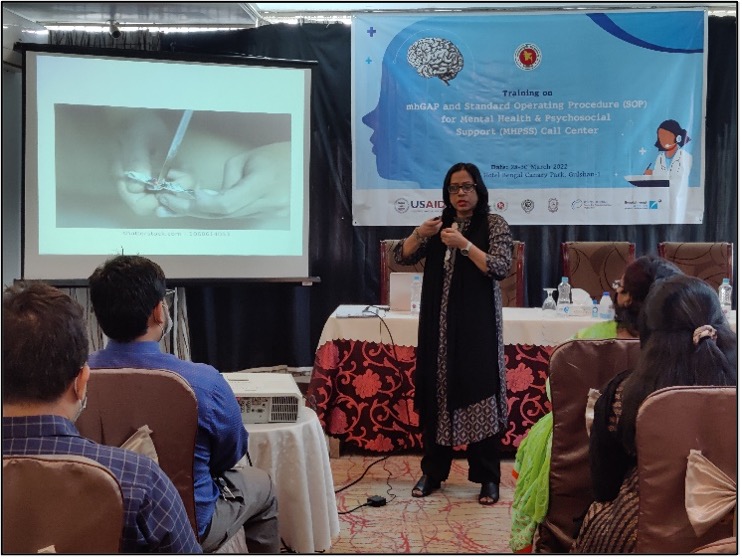
Figure 1: Training on mhGAP and SOP for MHPSS call centers
Trainees learned about a guidance document developed by the World Health Organization’s Mental Health Gap Action Programme (mhGAP), the mhGAP Intervention Guide, which helps users facilitate mental health care in non-specialized health settings. They also examined the SOP developed by Breakthrough ACTION. Through role-playing, participants received the chance to build their confidence and ability to apply their newly-acquired knowledge. Technical experts from NIMH, the National Institute of Neuroscience, Bangabandhu Sheikh Mujib Medical University, and the University of Dhaka facilitated these training sessions.
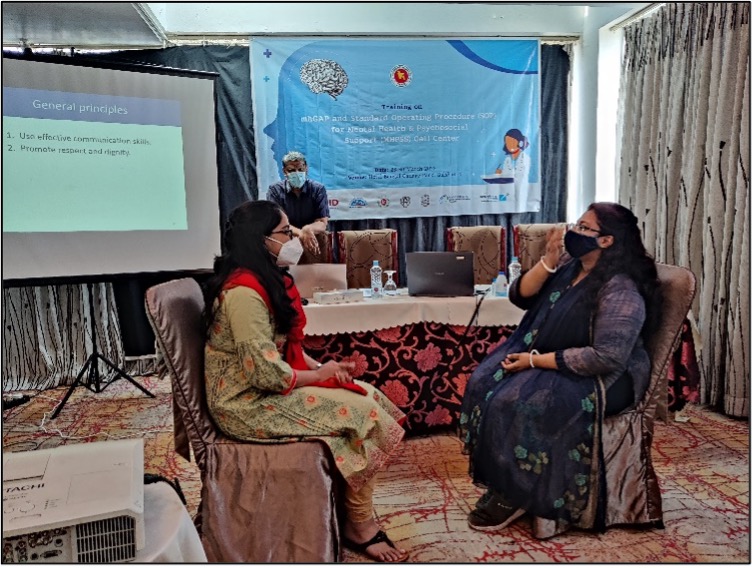
Figure 2: Acting session on “patient-doctor relationship” during the training
“This was a huge step towards the development of mental healthcare facilities in Bangladesh. During this COVID-19 period, people have been suffering, losing their loved ones, suffering from anxiety and depression, we were getting calls left and right. We were trying to provide support but what we lacked was a structure. This training was timely and provided us guidance for providing psychosocial support in an organized manner,”
“The mental health crisis in Bangladesh remains an urgent national concern and addressing this crisis will require an all-hands-on-deck approach,” said Dr. Faisal Mahmud, Country Director, who coordinated this activity. “With the Breakthrough ACTION’s effort to equip general medical service providers to provide crucial primary mental health care, Bangladesh will no doubt be one step closer to closing the gap between mental health needs and mental health support availability.”


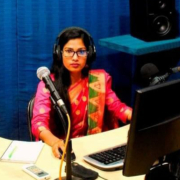
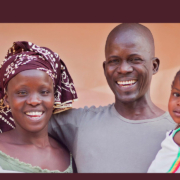


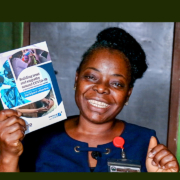 Breakthrough ACTION
Breakthrough ACTION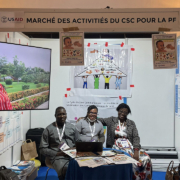 Breakthrough ACTION
Breakthrough ACTION